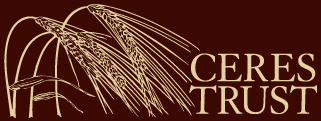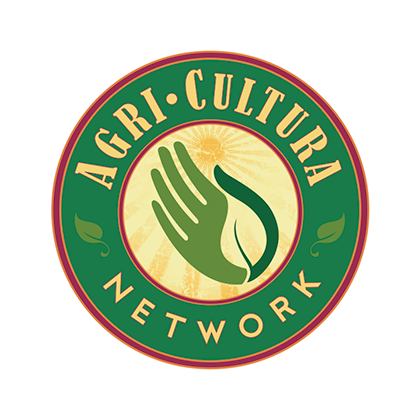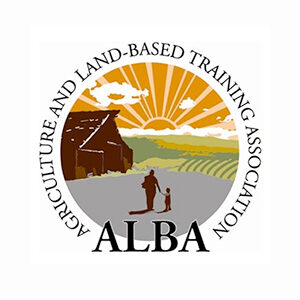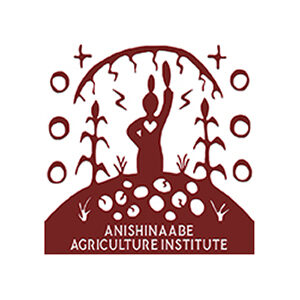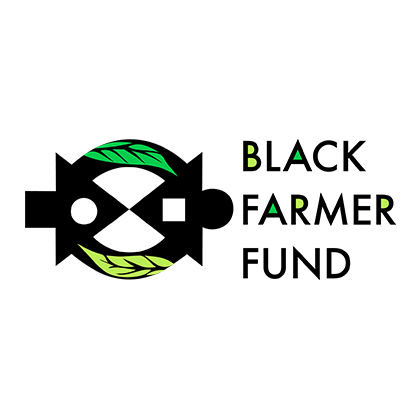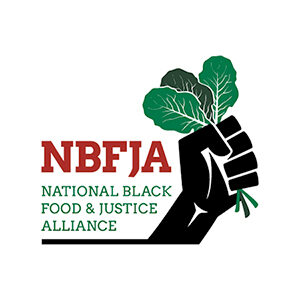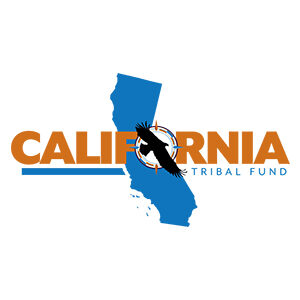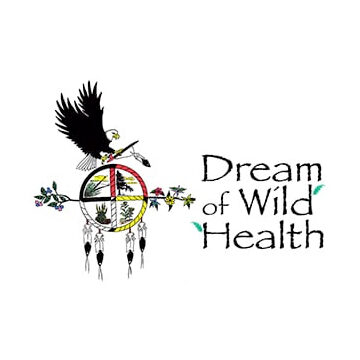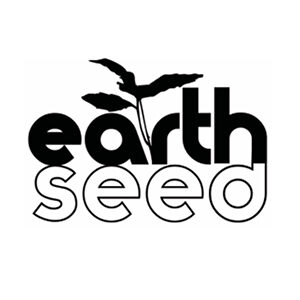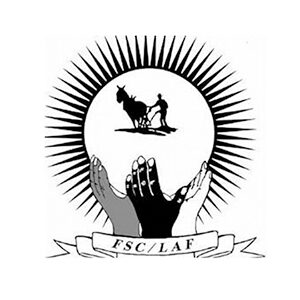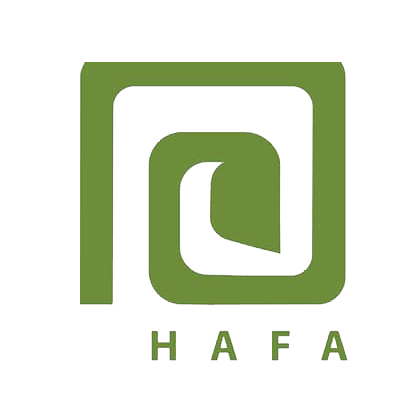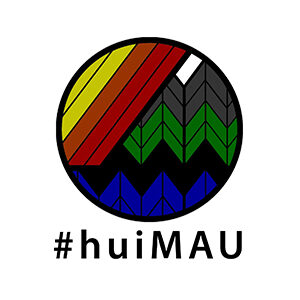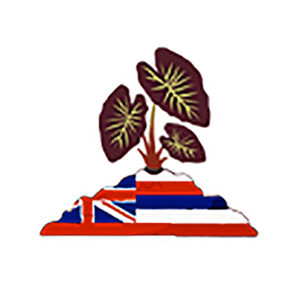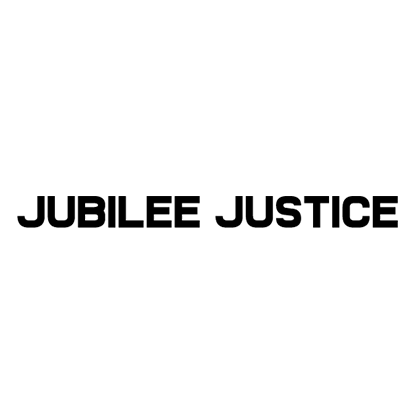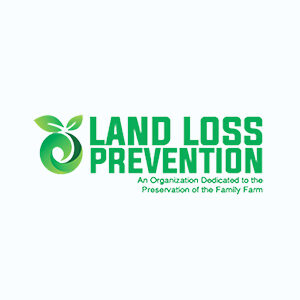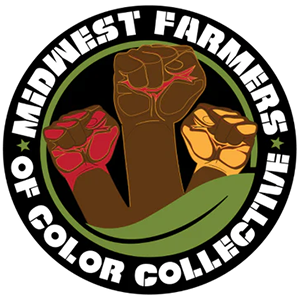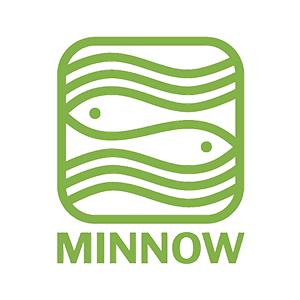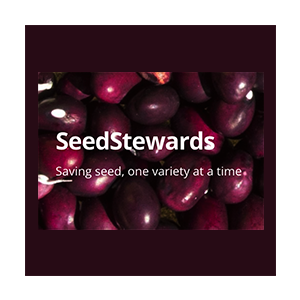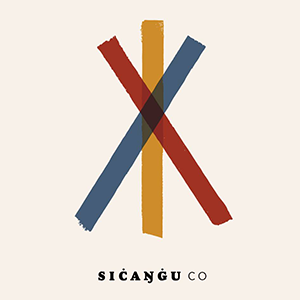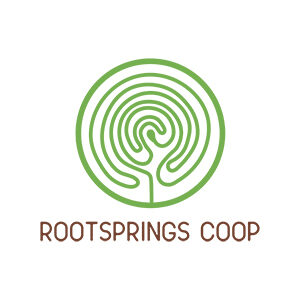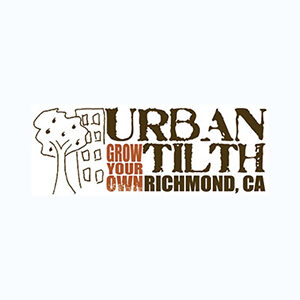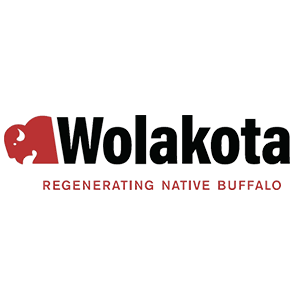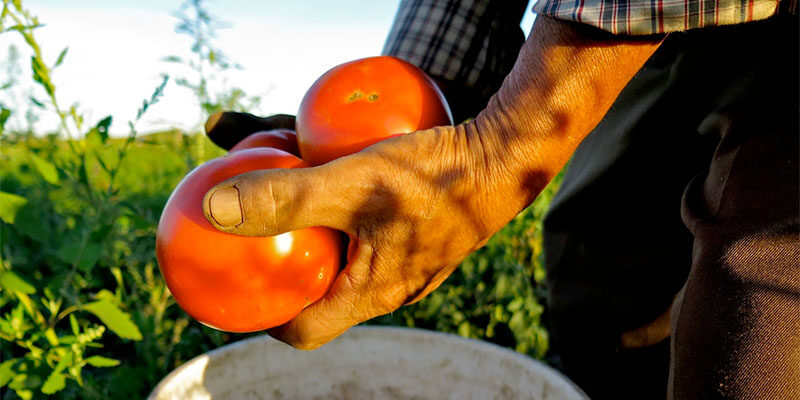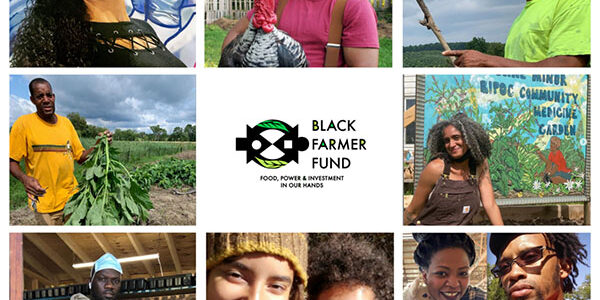Ceres Trust believes that right relationship between people and the land are tantamount to our ability to survive and flourish. Centuries of colonization, extraction, violence, and injustice have led to this moment of consolidated private ownership and corporate control of land. The relationship with land is systemically broken. Ceres Trust makes general support grants and investments to support land access and retention, as well as collective and cooperative stewardship, ancestral restoration and governance, and redistribution of ownership.
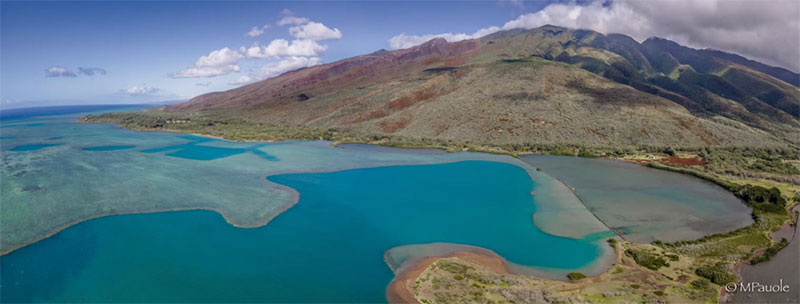
The movement toward right relationship with the land, ensuring access and retention of land under the stewardship of Indigenous People, Black farmers, small farmers, and local communities is rising, and this healing offers incredible promise toward addressing the very root causes of ecological destruction and harm to human health, grounded solutions in the knowledge, practice, and culture of people who have long called the land home.
GRANTEE PARTNERS
Agri-Cultura Network
A community driven model building New Mexico’s small farming economy, promoting nutrition and economic development through traditional and innovative agricultural practices.
Agriculture and Land–Based Training Association
Creating opportunities for low-income field laborers through land-based training in organic farm management.
Anishinaabe Agriculture Institute
Focused on the resurgence of Indigenous agriculture and the renaissance of hemp, centering Anishinaabe culture, farming, Horse Nation, and a Just Transition.
Black Farmer Fund
Creating a thriving, resilient, and equitable food system by investing in black food systems entrepreneurs and communities in New York.
Black Land and Power
A coalition aimed at developing Black leadership, supporting Black communities, organizing Black self-determination, and building institutions for Black food sovereignty & liberation.
California Tribal Fund
Supporting California-Native-led nonprofits and tribal programs in controlling and protecting their food systems, water, languages, traditional ecological knowledge, and land.
Dream of Wild Health
Restoring health and well–being in the Native community by recovering knowledge of and access to healthy Indigenous foods, medicines and lifeways.
EARTHseed Farm
Operated and rooted in Afro Indigenous permaculture principles and built on the long legacy of earth wisdom traditions of people of African descent.
Federation of Southern Coops
A non-profit cooperative association of Black farmers, landowners, and cooperatives, developing cooperatives and credit unions as a means for people to enhance the quality of their lives and improve their communities.
Heron Shadow
A Native place of refuge and learning for community engagement, connection to the land, growing Indigenous foods, and nourishing Indigenous and intercultural relations.
Hmong American Farmers Association
Dedicated to advancing the prosperity of Hmong farmers through cooperative endeavors, capacity building and advocacy. HAFA was started and is led by family farmers.
Hui Mālama i ke Ala ʻŪlili
Re-establishing systems that sustain community through educational initiatives and land-based practices that cultivate abundance and promote collective health and well-being.
ʻĀina Momona
A native Hawaiian nonprofit dedicated to achieving environmental health and sustainability through restoring social justice and de-occupying Hawaiian lands.
Jubilee Justice / Potlikker Capital
Supporting Black farming communities through new models of regenerative farming, cooperative ownership and access to new markets.
Land Loss Prevention Project
Curtailing epidemic losses of Black owned land in North Carolina, by providing legal support and assistance to all financially distressed and limited resource farmers and landowners.
Midwest Farmers of Color Collective
We are a collective of Black, Indigenous, Farmers of Color (BIPOC), centered on racial justice and the development of food and farming systems that honor our communities past, present and future.
Minnow
Focusing on agricultural and racial justice through collective land stewardship to help build a more cohesive and complete coalition for justice, nationally and globally.
SeedStewards
Saving seed, one variety at a time. Electra de Peyster has been gardening in Sonoma County, California since 1994. She is the founder of SeedStewards, a project that promotes seed saving as one part of a sustainable future.
Siċaŋġu Co
As the economic engine of the Siċaŋġu Lak̇ota nation, Siċaŋġu Co’s purpose is to improve the financial and social well-being of our tribal relatives. We are guided and inspired by the 7Gen Vision, which imagines the type of world we’d like to see our descendants living in 175 years from now.
The Fields at RootSprings
Providing land-based programs for the healing, development and community well-building of Black, Indigenous, and People of Color (BIPOC) artists, activists, healers and communities in Minnesota.
Urban Tilth
Creating a space in the heart of the most impacted neighborhood in Richmond, California, where children, youth, and adults can deeply engage with nature.
Wolakota
A project of the Rosebud Economic Development Corporation, reconnecting bison to the land and people of the Sicangu Lakota Oyate.
Resources
Learning and Reflection
- Collective Courage: A History of African American Cooperative Economic Thought and Practice, by Dr. Jessica Gordon Nembhard
- Deep Pockets in Farmland Investment Exacerbates Racial Inequities: Part of a Food & Power a three-part series examining the influence of farmland investing on equity and the future of food.
- Fannie Lou Hamer & Freedom Farm Cooperative: offered by the SNCC Digital Gateway
- Losing Ground: Farmland Consolidation and Threats to New and Black Farmers and the Future of Farming
- Native Land Digital: which strives to map Indigenous lands in a way that changes, challenges, and improves the way people see the history of their countries and peoples.
- This Land is Not Your Land: A brief history of the US government appropriating farmland from people of color. -Mother Jones
Taking Action
- Future of Molokai: produced by Matt Yamashita, Molokai Ranch (which owns over 30% of Molokai) is up for sale. The island's future hangs in the balance.
- Indigenous Principles of a Just Transition, Indigenous Environmental Network
- It’s Tax Season! Philanthropy, let’s Pay Shuumi: here’s one meaningful way we can redistribute wealth and support the return of Indigenous land. Published by Justice Funders. Also see: Shuumi Land Tax: Guidance for Foundations
- Land Reparations & Indigenous Solidarity Toolkit, Resource Generation
- Rematriation Resource Guide, Sogorea Te Land Trust
Stories from the Field
Assured land tenure provides hope for HAFA farmer-members
Over the past seven years of farming on the HAFA Farm, Hmong farmers have been conservative in their farming approach, due to fears about the longevity of HAFA’s land access program and whether the land will be secured for future generations or whether the HAFA Farm will discontinue providing land access after our lease expires. But the support of Minnesota Legislature in the 2020 MN Infrastructure Bonding Bill, which included the allocation of $2 million dollars for the purchase of the HAFA Farm after a $500,000 thousand match, gave hope to HAFA farmer-members. This news gave joy to our farmer members, elevating their spirits and assuring them of the opportunities and potential that lay ahead. This past November, HAFA concluded its capital campaign to secure the remaining match funds, and with the support of organizations such as Ceres Trust, Center for Prevention at Blue Cross Blue Shield of Minnesota, Schmidt Family Foundation, M Health Fairview, HAFA’s farmer-members, and large and small donors, we exceeded our goal.
Ka Maha ʻUlu o Koholālele – The Breadfruit Grove of Koholālele
Ka Maha ʻUlu o Koholālele, literally translated as “the breadfruit grove of Koholālele,” is a community-led food system project transforming approximately 80 acres of former sugar plantation and current eucalyptus plantation lands in Koholālele, Hāmākua, Hawaiʻi, into Hawaiʻi’s largest regenerative ʻulu (breadfruit) agroforestry system.
Accordingly, we wanted to be very intentional about who we invited into the process of planning and planting this space. Between September – October 2021, we worked with Ola Design Group to draft a baseplan for the Kilohana section of Ka Maha ʻUlu (Figure 5), which we would utilize in November to lay out and plant our first 65 ʻulu trees.
Black Farmer Fund’s Pilot Phase
What does it look like for 12 Black food actors to come together at the table (or in this case, zoom!) and make decisions around funding that would significantly impact the future of 8 food businesses in NY? What does it mean for an institution to invest, with the criteria for being funded centered on environmental impact, community well-being, and economic justice? How can honoring the realities that entrepreneurs face by involving them in the underwriting process mean for the impact of investment? Black Farmer Fund, an emerging community-governed investment fund, explored these questions through their recent pilot phase.
2021 was a year filled with growth, learning, deepened relationships, and most notably, our first experience redistributing capital into the hands of black agricultural businesses. We successfully raised a $1M pilot fund from individuals and institutions, and have so far deployed various combinations of integrated capital to eight transformative businesses. We are excited to share with you our 2021 Annual Report!
- Ceres Trust staff office and live on the unceded land of the Lisjan Ohlone people, who we recognize as the past, present and future stewards of this land.
- For non-Indigenous people who live, work and play on this land, we invite you to pay the Shuumi Land Tax, a voluntary annual contribution to support the critical work of the Sogorea Te’ Land Trust to return Indigenous land to Indigenous people.
Learn more about the Lisjan Ohlone here, and/or learn more about the Indigenous land you occupy at native-land.ca.
